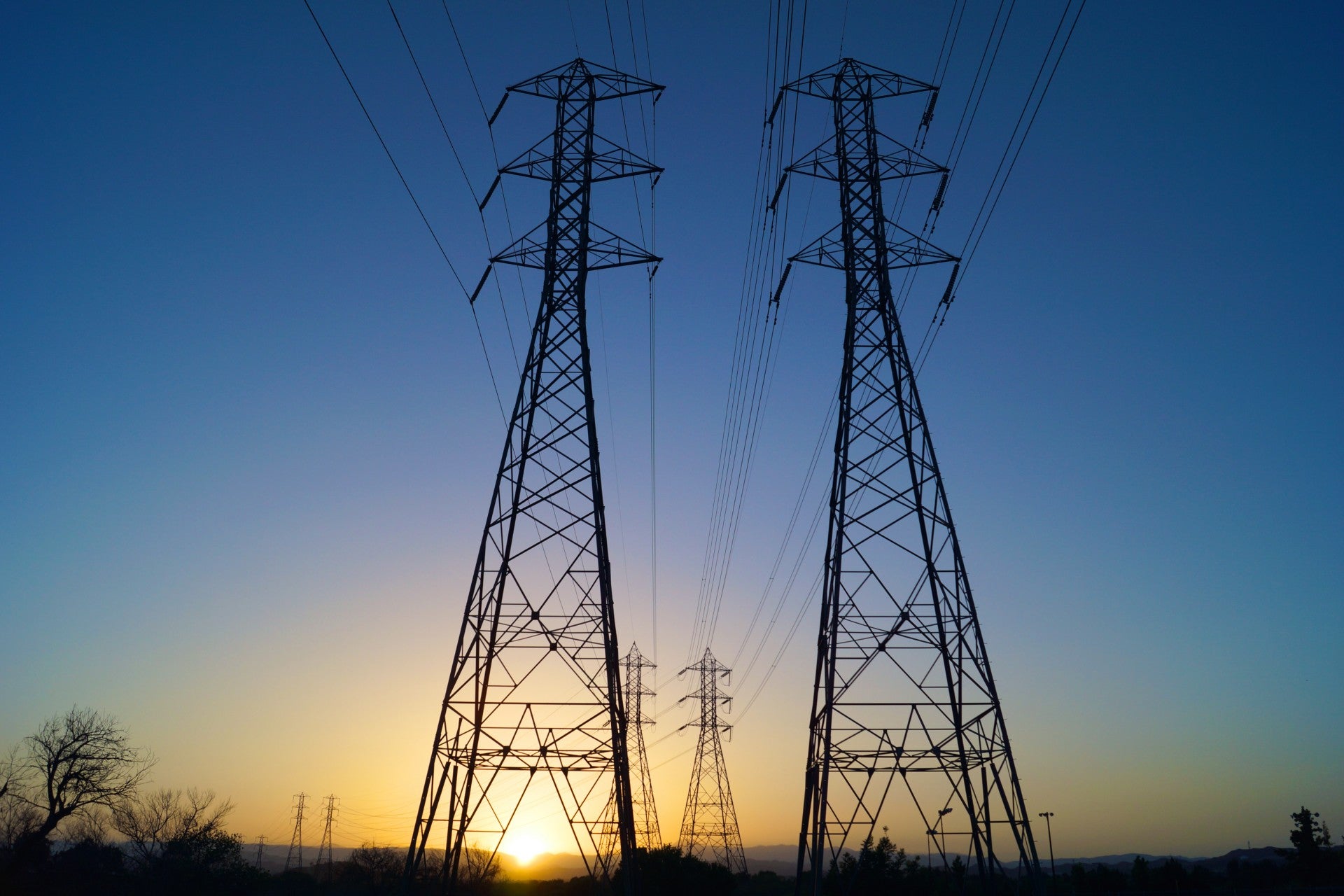Looking beyond pipelines to address New England’s electricity needs
 Our dramatic seasonal temperature fluctuations here in New England create a unique energy challenge. Most days of the year (i.e. spring, summer, and fall), we have enough pipeline capacity, or space, to meet electricity and heating demand. However, approximately 40 days out of the year natural gas pipeline capacity becomes scarce, and in certain hours, unavailable; and the system relies on storage to maintain sufficient gas supply and delivery to homes, businesses, and electric power plants.
Our dramatic seasonal temperature fluctuations here in New England create a unique energy challenge. Most days of the year (i.e. spring, summer, and fall), we have enough pipeline capacity, or space, to meet electricity and heating demand. However, approximately 40 days out of the year natural gas pipeline capacity becomes scarce, and in certain hours, unavailable; and the system relies on storage to maintain sufficient gas supply and delivery to homes, businesses, and electric power plants.
Many people look at the region’s pipeline constraints and assume that the only solution is to build more pipelines. This is a logical reaction, but it overlooks an opportunity to explore multiple solutions in a more economical and holistic way. Rather than only looking at pipeline solutions, why not broaden the solution conversation by calling forth market competition?
The grid needs to foster participation by all resources
All resources can help ensure reliability during those key hours when pipelines are constrained. By allowing resources, such as batteries, pumped storage, demand response, and LNG, to compete, market forces can be used to fill in gaps, reward resources that are flexible and available to meet peak demand, and ultimately signal to investors when and where right-sized investments are needed.
New England needs “Load Service Assurance” – not “Fuel Security”
Imagine an approach where grid operators first understand pipeline constraints down to an hourly level. Gas generators use gas in highly variable ways throughout the day, and many times, even on the most constrained days, there are hours where pipeline capacity is available.
Next, market participants like batteries, pumped storage, demand response, and LNG compete to fill in the gaps. The result? Efficient pipeline utilization, lower prices for consumers, and potentially a cleaner grid. But to get there, market participants first need to seek this type of approach, and certain market rules may need to change.
The first step is to broaden the conversation.
In the next few weeks, the New England grid operator will release a report that explores many different scenarios and articulates regional challenges with “fuel security.” Market participants will be invited to provide feedback on this study, as well as present potential solutions. Ultimately the only way to cost-effectively solve this problem will be to utilize all tools in our toolbox, on both the supply and the demand side, and we can do this by talking about these solutions together. By focusing on the desired outcome, Load Service Assurance, New England can holistically solve its seasonal energy challenges. EDF looks forward to engaging ISO-NE and others in this more expansive conversation. Read more










